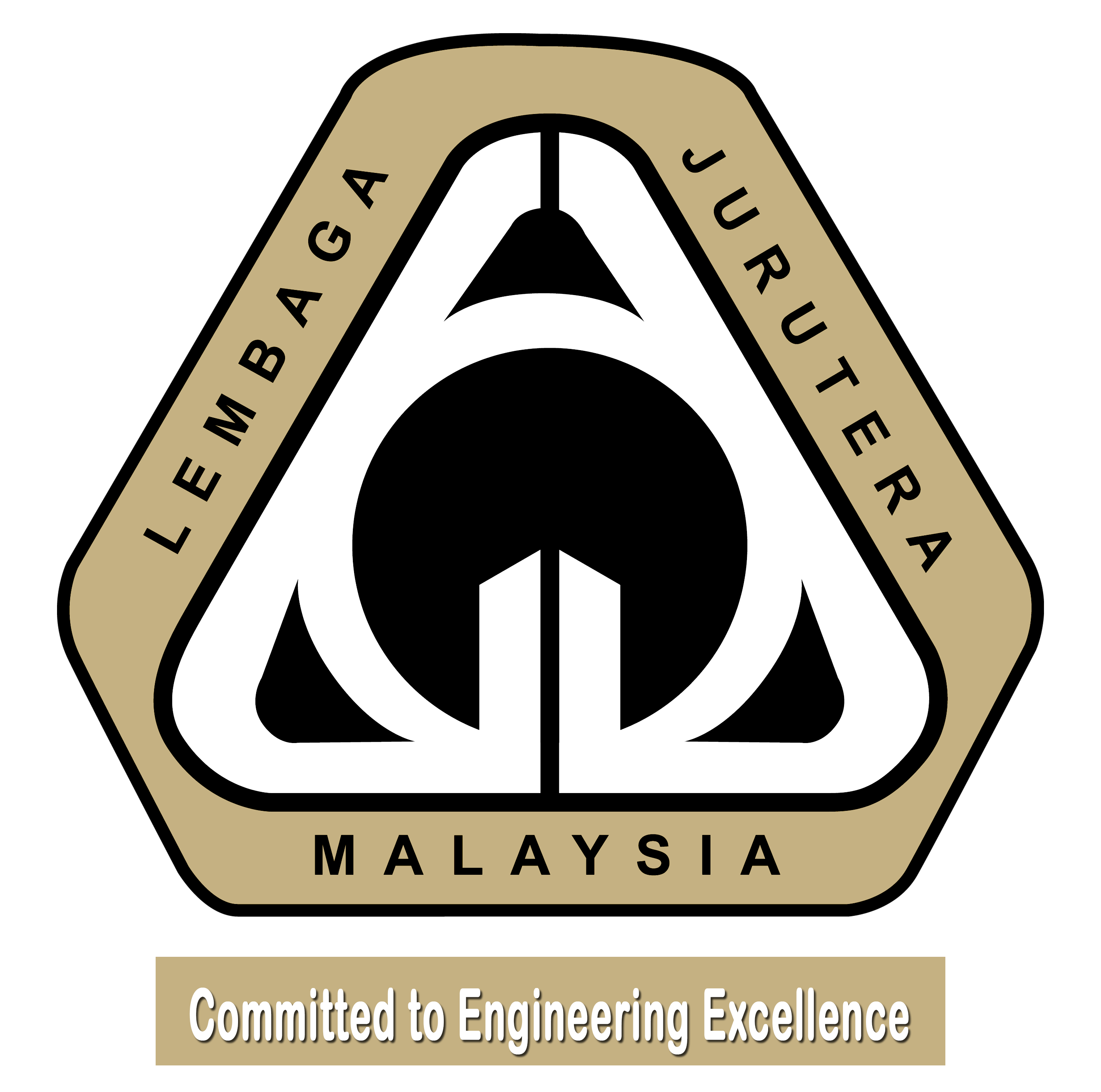 Functions
Functions
The functions of BEM according to Section 4 of the Registration of Engineers Act 1967 (Revised 2015) are:
- Maintain the Register
The Board shall keep and maintain a Register which shall be in five Parts:
Part A - which shall contain the names, addresses and other particulars of Professional Engineers;
Part B - which shall contain the names, addresses and other particulars of Graduate Engineers;
Part C - deleted.
Part D - which shall contain the names, addresses and other particulars of Engineering consultancy practices;
Part E - which shall contain the names, addresses and other particulars of Accredited Checkers;
Part E - which shall contain the names, addresses and other particulars of Professional Engineers with Practising Certificate;
Part F - which shall contain the names, addresses and other particulars of Engineering Technologist; and
Part H - which shall contain the names, addresses and other particulars of Inspectors of Works. - Process Applications for Registration
BEM through its Examination and Qualification Committee conducts Professional Assessment Examination (PAE) to assess the quality of experience gained by the Graduate Engineers and their competency. Every application for registration, be it as Graduate Engineers, Engineering Technologists, Inspectorid of Works, Professional Engineers, Professional Engineers with Practising Certificate and, Engineering Consultancy Practices is scrutinized thoroughly by the Application Committee to ensure compliance with the Act and with the policy of BEM. Application to register as Accredited Checkers will be assessed by Accredited Checkers Committee.
BEM also applies restrictions on practices of bodies corporate with the aim that engineering consulting services provided by these bodies corporate would be done professionally for the benefit of the client/public.
- Assessment of Academic Qualifications - Engineering Degree Programme by EAC
BEM through the Engineering Accreditation Council (EAC)* conducts accreditation of engineering degree programmes offered by institutions of higher learning within Malaysia. Accreditation is done through the evaluation panel (from academic and industry/practice) whose members are appointed by EAC. The accreditation panel shall visit the institution to evaluate the curriculum, facilities and the quality management system and have dialogue with the management, academic and support staff, students and industry stakeholders.
The period of full accreditation shall be five years after which it has to be revalidated.
Where there are minor shortcomings in meeting the accreditation requirement, the programme may be given accreditation for a period of less than five years during which the faculty must take necessary corrective measures.
Prior to conduct of a new engineering programme institution of higher learning shall obtain approval from the relevant authorities. The authority normally will require supporting document from the EAC.
BEM through the EAC, in general, uses as a guide the list accredited degree programmes leading to Professional/Chartered Engineer by accreditation organisations of the country where the degree is issued.
* The Engineering Accreditation Council is the body on accreditation, representing the Board of Engineers Malaysia, the Institution of Engineers Malaysia, Malaysian Qualification Agency and Jabatan Perkhidmatan Awam Malaysia (JPA).
- Assessment of Academic Qualifications - ETAC
NO.
DOCUMENTS
Update
1.
Engineering Technology Programme Accreditation Standard 2020 NEW
2.
List of Accredited Engineering Technology Programme
3.
Engineering Technician Programme Accreditation Standard 2020 NEW
4.
List of Accredited Engineering Technician Programme
5.
ETAC Accreditation Fees for Engineering Technology and Engineering Technician Programmes
 (To be updated)
(To be updated) - Regulate the Conduct and Ethics of the Engineering Profession
Since its inception in 1972, BEM has been a medium for the engineers to decide on matters relating to their professional conduct or ethics. Any matter concerning the professional conduct of registered engineers will be studied by the BEM to determine whether there is a breach of professional ethics or code. If the need arises, BEM will carry out investigations to establish whether there is a prima facie case against a registered engineer for contravening the Act. The procedures to follow are prescribed in Section 15 of the Act.
If there is a breach of professional ethics or code of conduct on the part of the engineer but such breach is not serious enough to warrant suspension or cancellation of registration, appropriate action, e.g. warning, censure or advice would be taken by BEM as deemed fit. Such measures should be viewed by the engineers at large as a concerned effort on the part of BEM to rid the black sheep of the engineering fraternity.
- Disputes on Professional Conduct and Ethics
BEM through its Professional Practice Committee hear and determine disputes relating to Professional Conduct and Ethics of registered engineers.
- Fix the Scale of Fees
In this respect the Scale of Fees Committee of BEM continues to have dialogues sessions with the Treasury of Malaysia on issues involving mode of remuneration, quantum and conditions of payment.
- Stakeholder
To be a stakeholder in a contract for Professional Engineer services when requested.
- Publication
The Publication Committee of BEM undertakes the task of promoting engineering profession through The Ingenieur and other printed materials. The Ingenieur (4 issues per year: March, June, Sept and December) is used as a communication tool for BEM to disseminate information on activities of the Board, regulations, code of ethics, career development, update and guidelines and such other news as decided by the BEM.
- Promotion of Continued Learning and Education
BEM has set certain guidelines in connection with the financial assistance provided. BEM will consider providing financial assistance to a seminar or conference which is organised by a non-profit making organisation. The seminar or conference must be technical one that will benefit the registered engineers.
The promotion of continued learning and education does not stop here. BEM would also consider giving grant to selected type of study related to engineering or contribute prizes for selected competition also related to engineering.
In order to keep abreast with changing technology, BEM encourages all registered engineers to continually improve themselves through Continuous Professional Development (CPD) Programme.




















